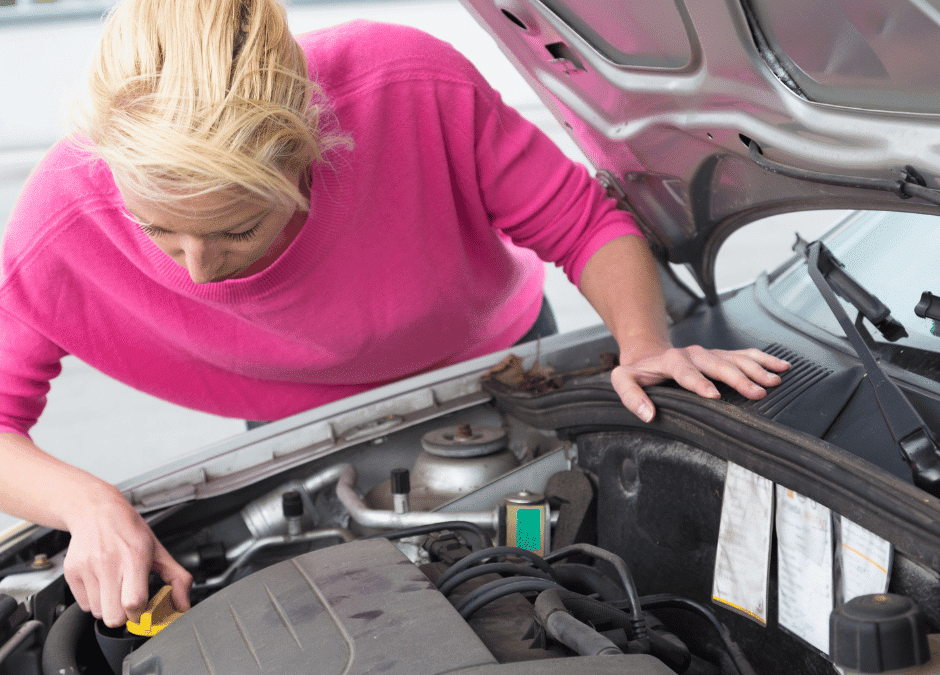Facing a roadside emergency can be daunting, but being prepared makes all the difference. At Decatur Tow Services, we understand the challenges you might encounter and the importance of readiness. Our guide will equip you with essential knowledge and tips to handle unexpected roadside situations confidently. From mechanical failures to weather-related incidents, we’re here to help you navigate these challenges easily and safely.
Understanding Common Roadside Emergencies
Roadside emergencies can range from flat tires and engine breakdowns to accidental lockouts. Understanding these common issues is the first step in preparation. By recognizing potential problems, you can equip yourself with the necessary tools and knowledge to address them or at least stay safe until help arrives. Familiarizing yourself with these situations can also reduce panic and enable you to act effectively.
Essential Items for Your Emergency Roadside Kit
An emergency roadside kit is your first line of defense. Being well-prepared for a roadside emergency starts with having the right items in your kit. Here are the essentials:
- First Aid Kit: For addressing minor injuries or health issues.
- Flashlight and Extra Batteries: Essential for visibility during night-time emergencies.
- Jumper Cables: A must-have for battery-related issues.
- Spare Tire and Jack: Necessary for tire replacements on the go.
- Reflective Warning Triangles: To alert oncoming traffic of your presence.
- Non-perishable Snacks and Water: For sustenance during prolonged waits.
- Portable Phone Charger: To keep your phone charged and communication lines open.
Steps to Take Immediately After a Roadside Breakdown
When a breakdown occurs, taking prompt and appropriate actions is essential for your safety. Here’s a step-by-step guide to handle the situation effectively:
- Move to Safety: Carefully move your vehicle to a safer location, ideally off the road and away from moving traffic.
- Turn on Hazard Lights: Activate your vehicle’s hazard lights to signal to other drivers that your vehicle is stationary and may be a potential hazard.
- Set Up Reflective Triangles: Position reflective triangles or safety markers behind your vehicle to enhance visibility, especially in low-light conditions.
- Stay Inside Your Vehicle: If you are on a busy road, it’s safest to remain inside your car with the doors locked to avoid the risks of passing traffic.
- Assess the Situation: If you can, quickly determine what might be wrong with your vehicle. This information can be crucial when seeking help.
- Call for Assistance: In situations where the problem isn’t a quick fix or if you’re unsure, it’s best to call for professional roadside assistance.
Reacting swiftly yet calmly to a breakdown can significantly increase your safety and the likelihood of a prompt resolution to the situation.
How to Stay Safe While Waiting for Help
Your safety is paramount while waiting for help. Stay inside your vehicle with the doors locked, especially if you’re on a busy road. Avoid accepting help from strangers and wait for professional assistance. If you must exit the vehicle, do so from the side, away from traffic, and stay aware of your surroundings. Keep emergency contact numbers handy so you can quickly contact family, friends, or roadside assistance services if needed.
Effective Communication During a Roadside Emergency
In a roadside emergency, communicating your situation clearly and accurately is vital. When calling for help, provide your location, the nature of your emergency, and any relevant vehicle information. This ensures that assistance can reach you as quickly and efficiently as possible. Being precise about your location and the nature of your problem can significantly speed up the response time.
Dealing with Adverse Weather Conditions
Adverse weather, like heavy rain, snow, or extreme heat, can exacerbate roadside emergencies. It’s important to have seasonal items in your kit, like an ice scraper, sunshade, or extra water. Stay in your vehicle if the weather is hazardous and wait for professional help. In extreme conditions, keeping your vehicle visible and staying hydrated or warm as the situation demands is crucial. Remember to keep blankets or extra clothing in your car during colder months for added warmth.
Basic DIY Fixes for Minor Roadside Issues
Knowing basic DIY fixes can be incredibly helpful for minor issues like flat tires or dead batteries. Simple knowledge of changing a tire or jump-starting a car can get you back on the road faster. However, always prioritize your safety – if a situation feels beyond your skill level, it’s best to seek professional help. Familiarizing yourself with your vehicle’s manual can provide valuable guidance on handling these common issues.
When to Call Professional Roadside Assistance
Recognizing when a situation is beyond your ability to safely manage is crucial. Complex mechanical issues, unsafe locations, and lack of proper tools are all scenarios where professional roadside assistance is necessary. Professionals like Decatur Tow Services have the equipment and expertise to handle various emergencies efficiently and safely. They can also provide faster and more effective solutions than improvised DIY efforts.
Contact Us for Roadside Assistance Services
Being prepared for a roadside emergency can significantly reduce stress and danger, ensuring a safer experience for everyone involved. Decatur Tow Services is committed to providing you with the knowledge and support needed in these challenging situations. Our expertise and resources are designed to assist you, whether it’s through providing essential tips for self-help or offering professional roadside assistance when needed. Contact us for reliable guidance and support to navigate any roadside emergency with confidence and safety.

Recent Comments